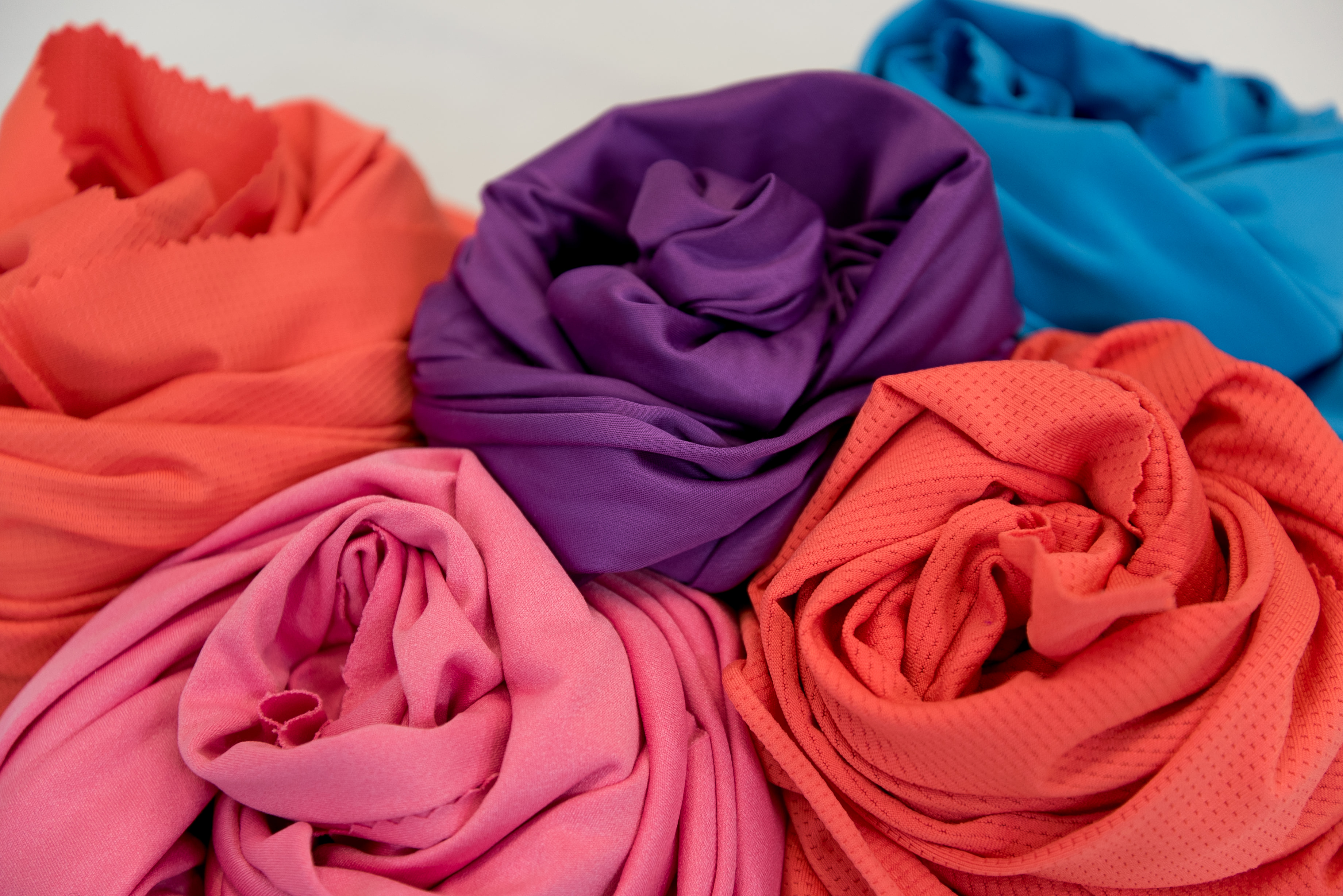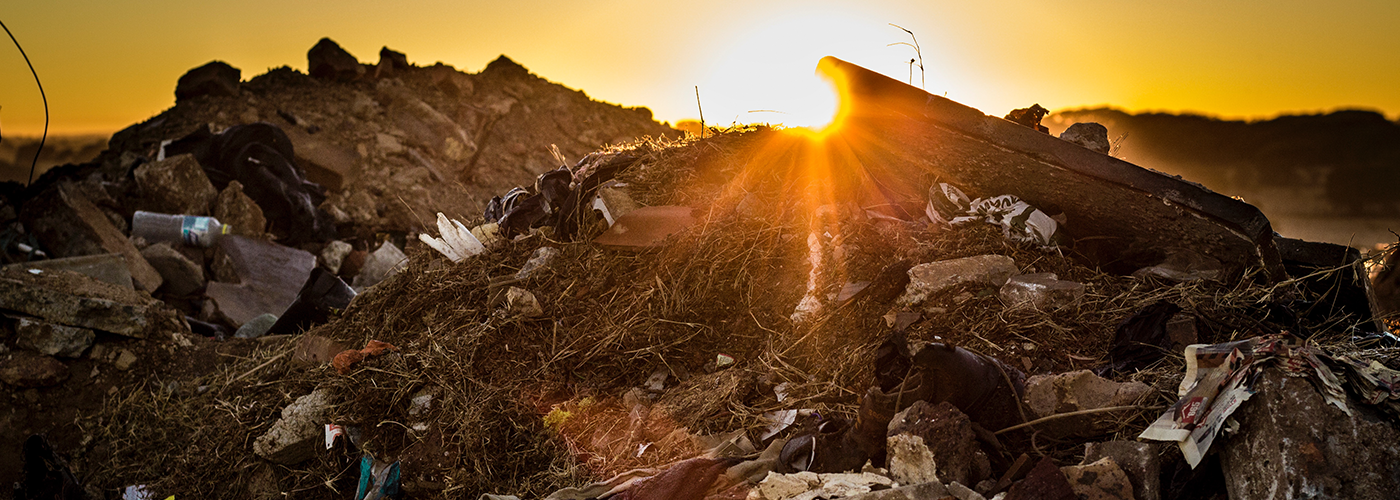Jeplan envisions a circular world in which we take all used or unwanted personal belongings, recycle the materials, and then sell them as new products. Starting with cotton and polyester, this company is reimagining waste disposal, which reduces the use of petroleum and diminishes carbon emissions. Based in Japan, Jeplan has established collection points around the country in collaboration with major retail and apparel brands to gather discarded clothes. Then, Jeplan sells the final products back to these brands and their consumers.
Soon, Jeplan could be recycling 10 percent of the entire world’s clothes. Masaki Takao, co-founder and CEO of Jeplan, shares why he cares about recycling old clothes and one of his proudest moments.
What inspired you to start this company?
Our co-founder Michihiko Iwamoto had been in the textile trading industry for over 20 years, and he always faced the reality of tons of production waste and discarded clothing that was sent to landfills.

Recycled polyester fabric from Jeplan’s chemical recycling process.
Back in 2006, bio-ethanol made from corn and sugarcane was in the spotlight, and Iwamoto came up with the idea that t-shirts could be turned into ethanol if they were made of cotton. This is when he and I decided to start developing a technology to produce bio-ethanol from cotton, and from there, we decided to start a company.
Why do you care to solve this problem?
If people send us their clothing that would otherwise be discarded, we can turn it into bioenergy or other raw materials instead of sending it to landfills. Hundreds of thousands of tons of discarded clothing go to landfills every day, and we have the technology to solve it. Why not use it?
Also, polyester is the most commonly used fiber in the apparel industry, and it has been forecasted to double by the year 2020. On the other hand, petroleum-based polyester can be one of the main causes for environmental concerns. We have developed technology to produce a polyester resin that is used as raw material for polyester fiber. This breakthrough technology of chemically recycled polyester allows us to make textiles using post-consumer clothing, and it has the same quality as the virgin product.
 Therefore, we believe we could guide the apparel industry to decrease its dependency on petroleum, which could also help decrease carbon emissions.
Therefore, we believe we could guide the apparel industry to decrease its dependency on petroleum, which could also help decrease carbon emissions.
Why is your product unique?
We have this recycling project called “BRING,” which cooperates with companies and the general public to recycle fabric products. More than 100 million tons of clothing are discarded each year in Japan and 90 percent of these have been incinerated or go to landfill. Our goal with “BRING” is to broaden the scope of worldwide recycling efforts by bringing customers and companies together who are willing to recycle. Also, we realized that the power of entertainment is the key to bring general consumers into recycling. We combine recycling and entertainment together to transform the process from an obligation into something fun.
What has been your company’s proudest moment been to date?

On October 21, 2015, we co-hosted an event called “FUKU-FUKU X Back to the Future Go! DeLorean Project” with NBCUniversal to recreate a “Back to the Future” scene that DeLorean runs with garbage. We have done it with fuel from recycled clothes instead of garbage. CNN and BBC came to interview us, and most of the domestic network came to the event, too. However, we are very confident that our new plant being constructed right now will attract more attention worldwide soon.
What do you hope the world will look like as a result of your work?
We hope people will recycle clothing on a daily basis, an action as common as going to work or taking a coffee break. For the time being, BRING has its own character, and we are distributing the stickers with this character to our project members. Therefore, someday we hope to see this character everywhere we go as a recognizable brand.
This company participated in Unreasonable Impact created with Barclays, the world’s first multi-year partnership focused on scaling up entrepreneurial solutions that will help employ thousands while solving some of our most pressing societal challenges.




